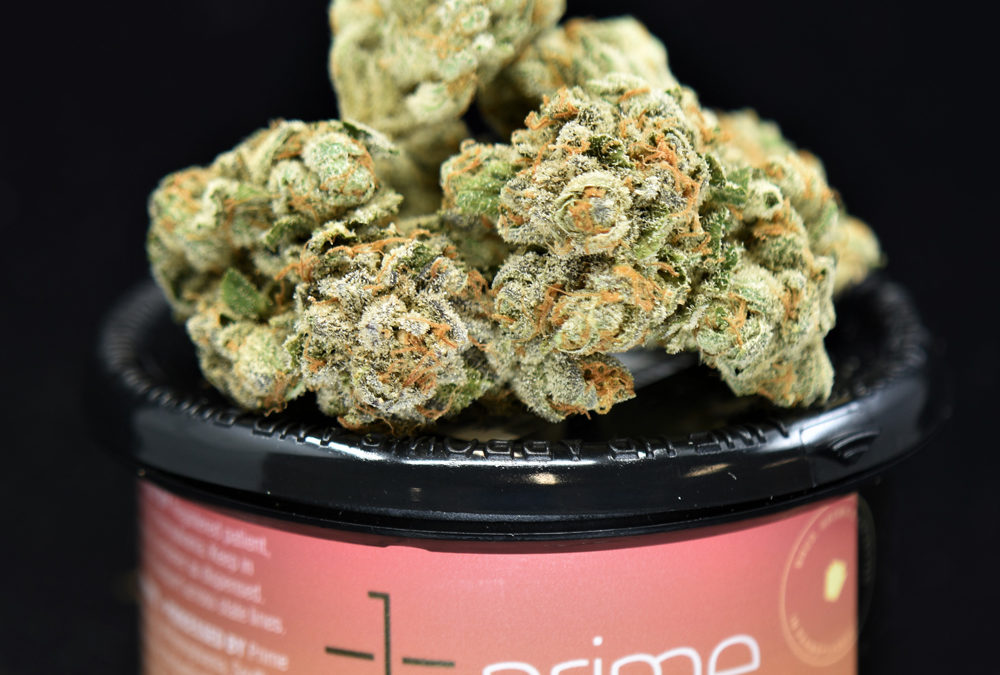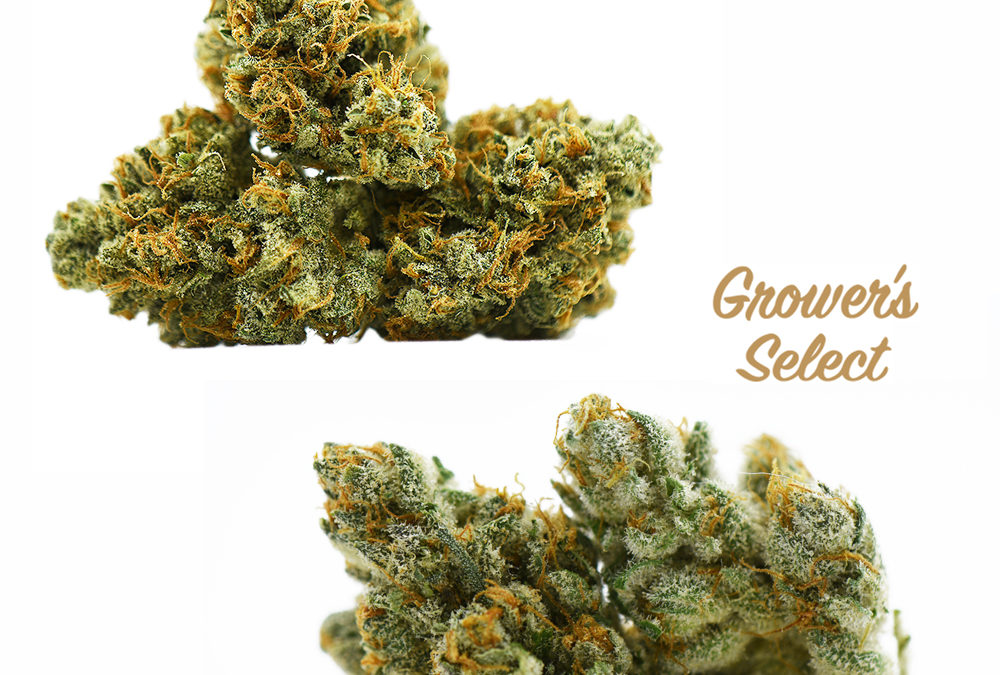At Prime Wellness of Pennsylvania, our growers combine expert science and a passion for crafting high-quality therapeutics that address the spectrum of unique needs of Pennsylvania patients. On this Veterans Day, November 10, we join in recognizing all of the military veterans, who have bravely served in our country’s armed forces. The stressors of combat can have a lasting impact on an individual’s mental well-being. Researchers have estimated that as many as 34% of combat veterans may develop PTSD (post-traumatic stress disorder) after completing their service.
Living with this qualifying condition, which also occurs among non-veterans, can be an isolating experience, but there are treatment options to help patients cope. Read on to learn more about medical marijuana options for Commonwealth patients living with PTSD in this installment of our Qualifying Conditions newsletter.
QUALIFYING CONDITION: PTSD
“A mental health condition that’s triggered by a terrifying event — either experiencing it or witnessing it.”
About this qualifying condition: PTSD is a diagnosis that can hit anyone – whether veterans or survivors of sexual assault, serious accidents, natural disasters, or other traumatic events – that may impact a survivor’s daily quality of life even after the trauma has ended. It is natural to experience fight-or-flight impulses – the body’s standard response to potential threats of danger – during moments of stress.. But patients living with PTSD may experience this stress response during non-threatening situations of their daily routine. This frequent state of distress may negatively impact a patient’s quality of life, sometimes causing them to avoid reminders of their trauma altogether by isolating themselves.
PTSD symptoms may vary greatly but commonly include: depressed or irritable moods, anxiety, sleeplessness, racing heart, breathlessness, intrusive thoughts, and trauma flashbacks. There is no universal cure for PTSD, but this condition can be treated through a variety of medication and therapeutic options– with the goal of restoring patients’ sense of safety and contentment in their daily life.
Medical Literature: The most commonly prescribed medications for PTSD diagnoses are selective serotonin reuptake inhibitors (SSRIs), like Prozac and Zoloft, and serotonin-norepinephrine reuptake inhibitors (SNRIs), including Cymbalta. These medications may provide a positive improvement in mood fluctuations and physical symptoms of PTSD by regulating the absorption of neurotransmitters– chemicals like serotonin that send a “feel good” signal to the brain. While these prescriptions can be incredibly helpful for some patients, they may also come with a host of side effects for others.
Researchers are increasingly interested in how emerging treatments like medical marijuana may serve as another tool in relieving PTSD symptoms without the potential side effects of existing medications. A recent study funded by the Colorado Department of Health and Environment examined the effects of marijuana use in 150 patients living with PTSD. It was observed that patients who used marijuana experienced a reduction in symptom severity and were estimated to be over 2.5 times more likely to recover from PTSD.
Studies have also shown that certain compounds in medical marijuana, like the non-psychoactive cannabinoid CBD, may potentially reduce inflammation in the brain by activating its CB2 receptors. This is a critical finding, as inflammation in the brain may be a direct contributor to the mood fluctuations caused by PTSD.
Terpenes and Cannabinoids: Terpenes – aromatic compounds in medical marijuana that may work with THC and CBD to produce a medicinal effect – can be a helpful starting point for patients to identify how a product may potentially make them feel. Terpenes like linalool and limonene, which are respectively found in lavender and lemons, have the potential to elevate moods. Caryophyllene, a spicy terpene found in pepper, has also demonstrated a potentially anxiolytic or anxiety-reducing effect in studies. These terpenes which may be potentially beneficial for alleviating symptoms of PTSD can be found in several of our prime strains– including Florthern Lights Haze #11, L.A. Biker #2, Sour Blueberry #2, and Chem de la Chem.
For the latest on our products and strains, follow us on Instagram @prime_wellness.


